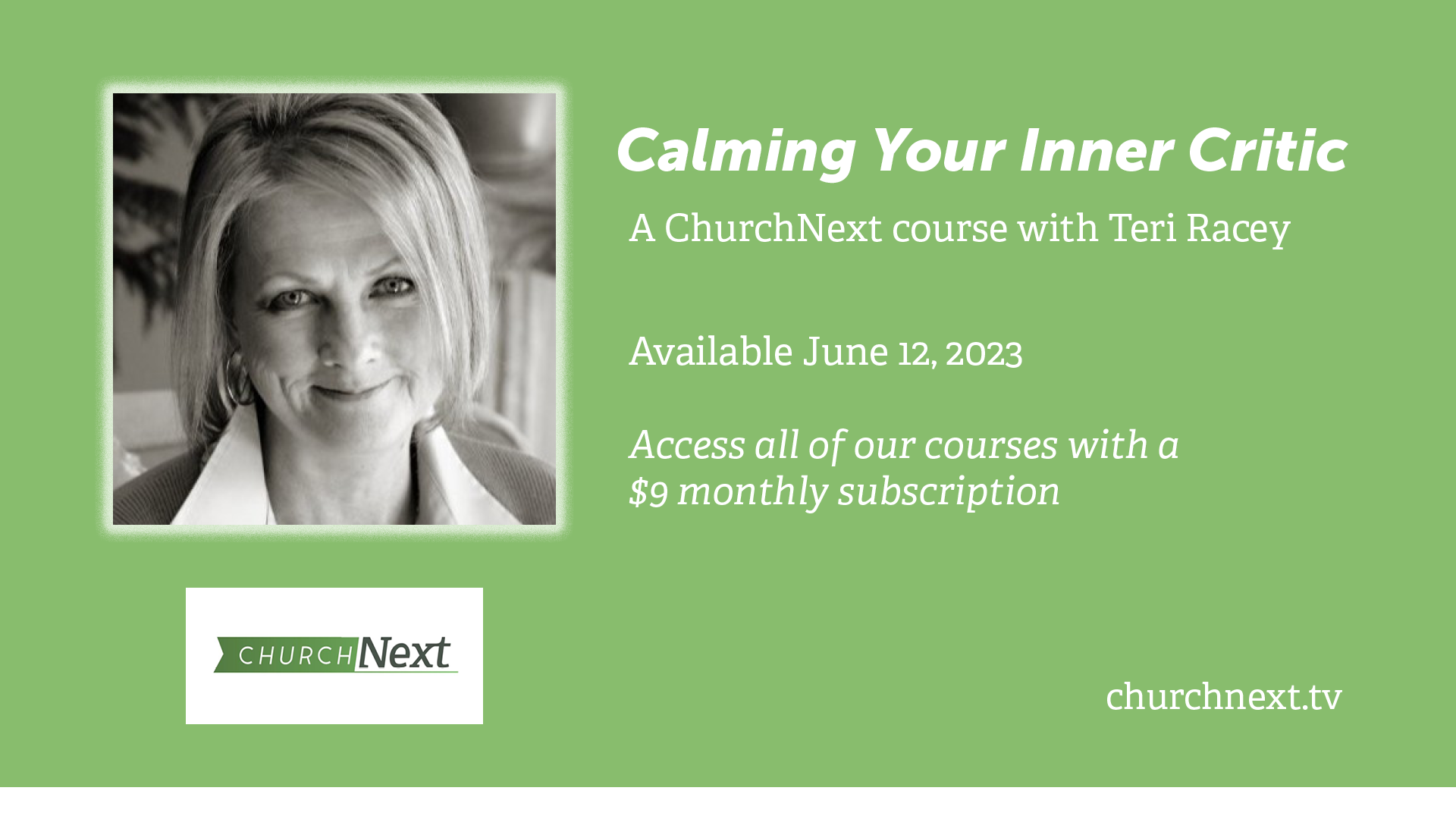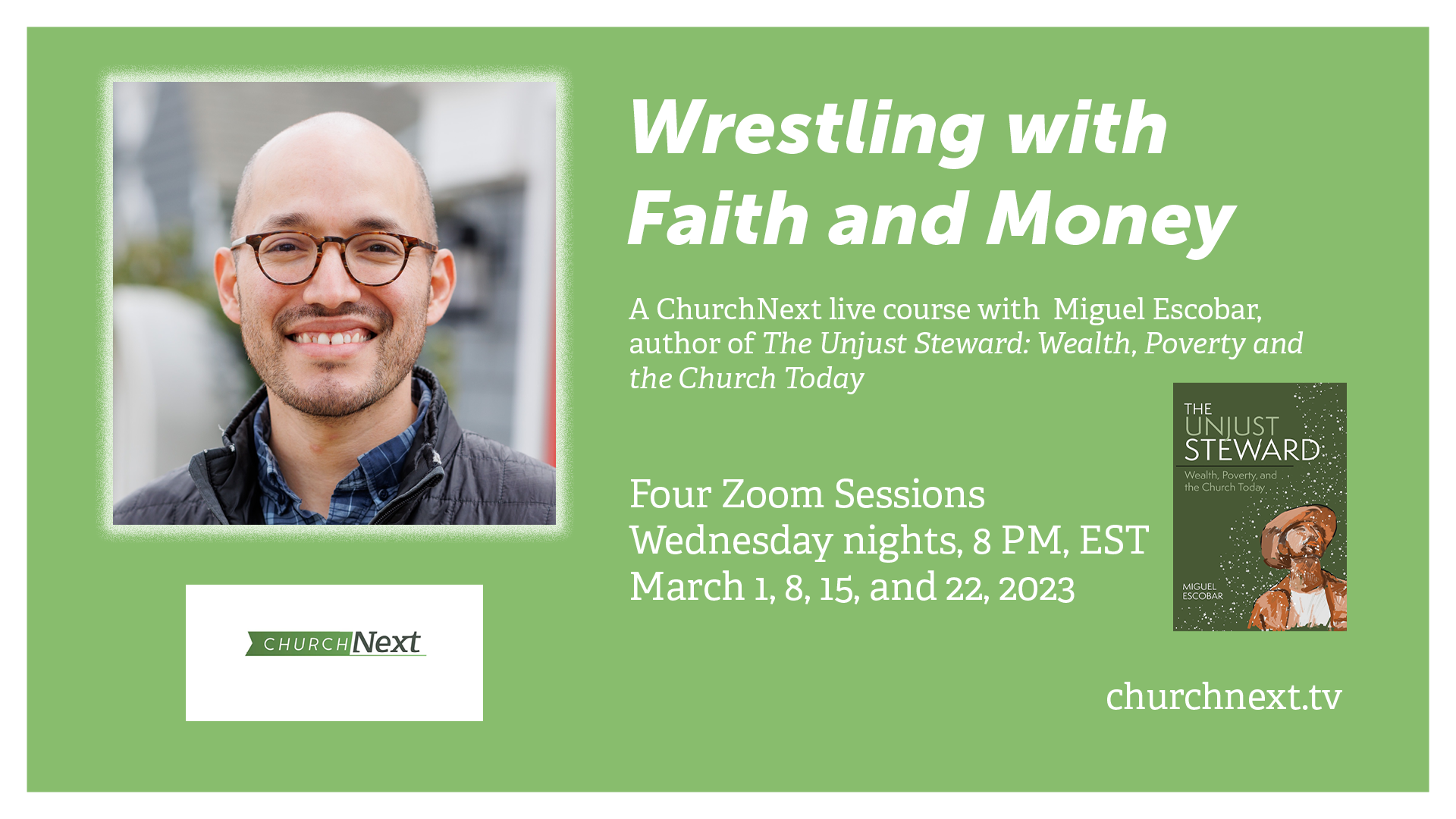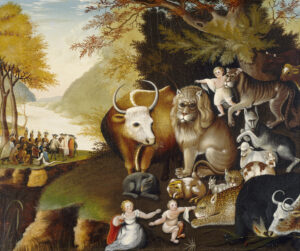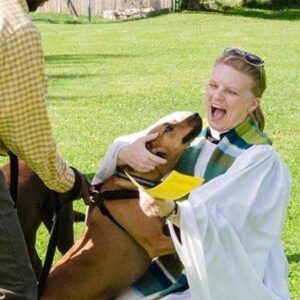
We just launched Calming Your Inner Critic with Teri Racey For Individuals and For Groups.
Jesus said we should love our neighbors as we love ourselves. Unless Jesus was suggesting we tear other people down, that direction suggests that Jesus wants us to love ourselves. But in our culture, harsh judgment — including harsh self judgment — is a common habit. Self-critique can even feel like a virtue, like keeping ourselves in line, in its cycles of rigid self-recrimination. Our inner critic — the self-talk narrative that runs through our minds and critiques our choices — can, therefore, be relentless for some people, and they may never recognize the damage it’s doing.
And a harsh inner critic DOES damage us. First, we are prone to listen to it. If anyone tells us we are bad, stupid, ugly, etc. often enough, it makes an impression — even if we’re the ones saying it to ourselves, even in the privacy of our own minds. Second, if you have ever met a person who tends to judge people and experiences negatively, you have probably noticed they are often wrong. They see the world far more negatively than they need to. Likewise, an inner voice that makes a pattern of harsh self judgments is often wrong about the self it’s judging. Finally, people who judge themselves harshly often find themselves sharing that dubious gift with others. If you feel you never measure up as a parent or partner, for example, how are you likely to treat your kids or your spouse? The frustration inherent in being constantly judged and habit of judging build up and tend to affect others.
In short, we really do tend to love others as we love ourselves — so treating ourselves with affection, compassion, and kindness is a good way to help ourselves love others. Which is all to the good, since God wants us to treat everyone with love.
In this course, author and mindfulness coach Teri Racey examines what the inner critic is and how it can hold us back, as well as offering techniques for rebuilding our internal narrative in a spirit of compassion rather than harsh judgment. In addition, she offers the practice of mindfulness meditation as a tool to connect with our inner selves and with God’s loving voice. Through mindfuless meditation we can learn to calm our inner critics and create a more loving and nurturing relationship with ourselves — and therefore with our neighbors.
This course is ideal for anyone struggling with a tendency toward self-criticism — which is most of us.


 The Season of Advent may be the one time during the entire year designed for us to stop — to reflect, wait, be truly still. Advent for Families offers ideas for intentionally and peacefully celebrating this liturgical season, in ways that embrace the joy and fun of the holiday season without losing sight of the real meaning of Christ’s nativity.
The Season of Advent may be the one time during the entire year designed for us to stop — to reflect, wait, be truly still. Advent for Families offers ideas for intentionally and peacefully celebrating this liturgical season, in ways that embrace the joy and fun of the holiday season without losing sight of the real meaning of Christ’s nativity.

 We just launched
We just launched 

